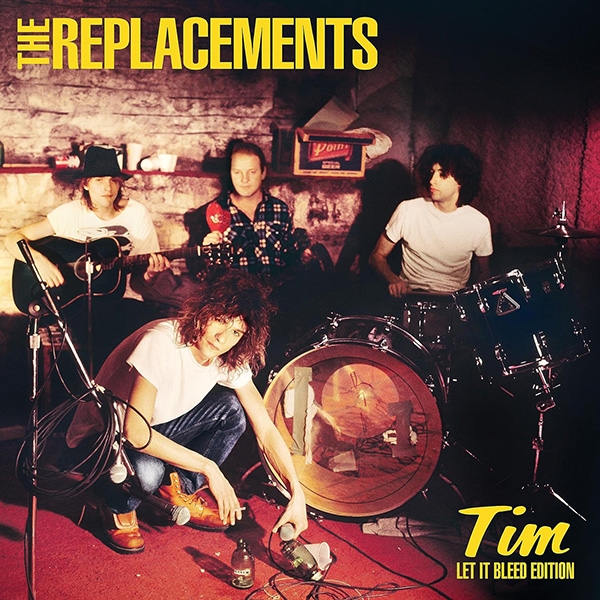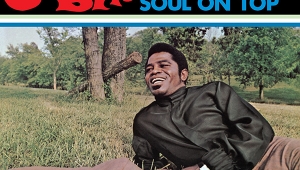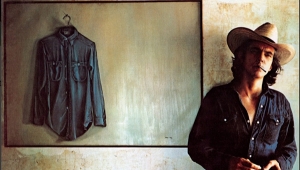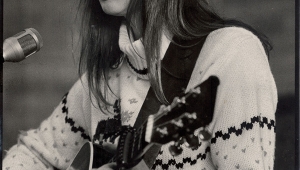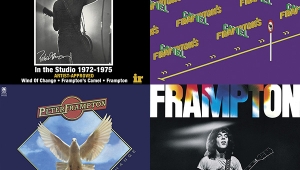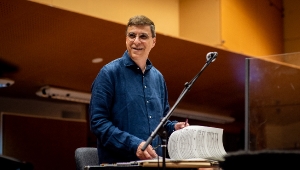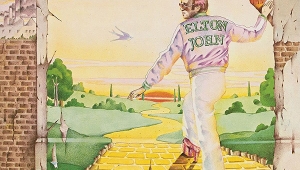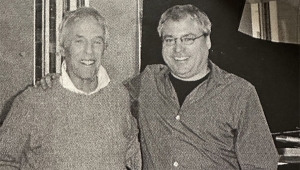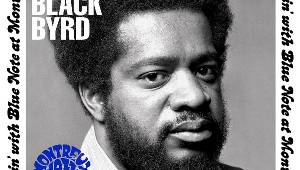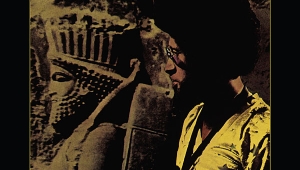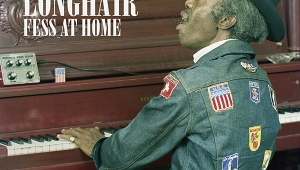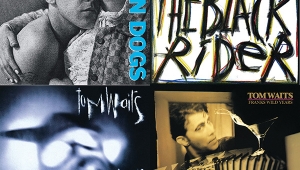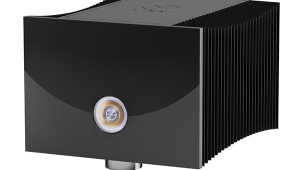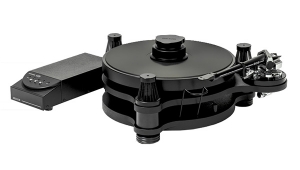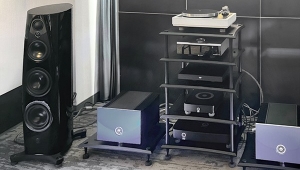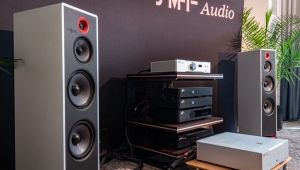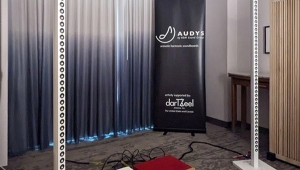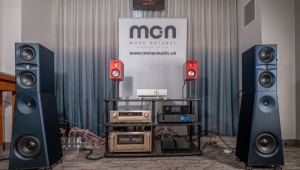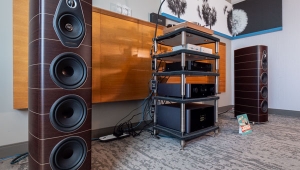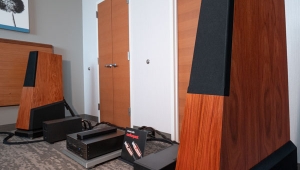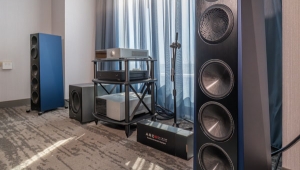| Columns Retired Columns & Blogs |
Absolutely love this alternate mix. Two big balls of drums and bass starts the interest and the Stasium mix is very different on many levels.
I can see several reasons why the rhythm section was played down on the first mix, but two here: vinyl and cheap playback systems of most people then relied upon Loudness and folks' bass knobs to bring up most vinyl recordings' bass deficiencies and American 80's hardcore / punk simply needed to sound 'econo' and low-cost. Ubiquitous refrains of 'Sell out"! followed almost every record that didn't (Husker Du's Warehouse Songs and Stories comes to mind).
I can't imagine this mix doing better than the original given my experiences then and what technology brings now.
All of these Placemat box sets are pretty crucial for fans (despite some previous CD release overlap).
Thank you Robert for all of your reviews over the years!
